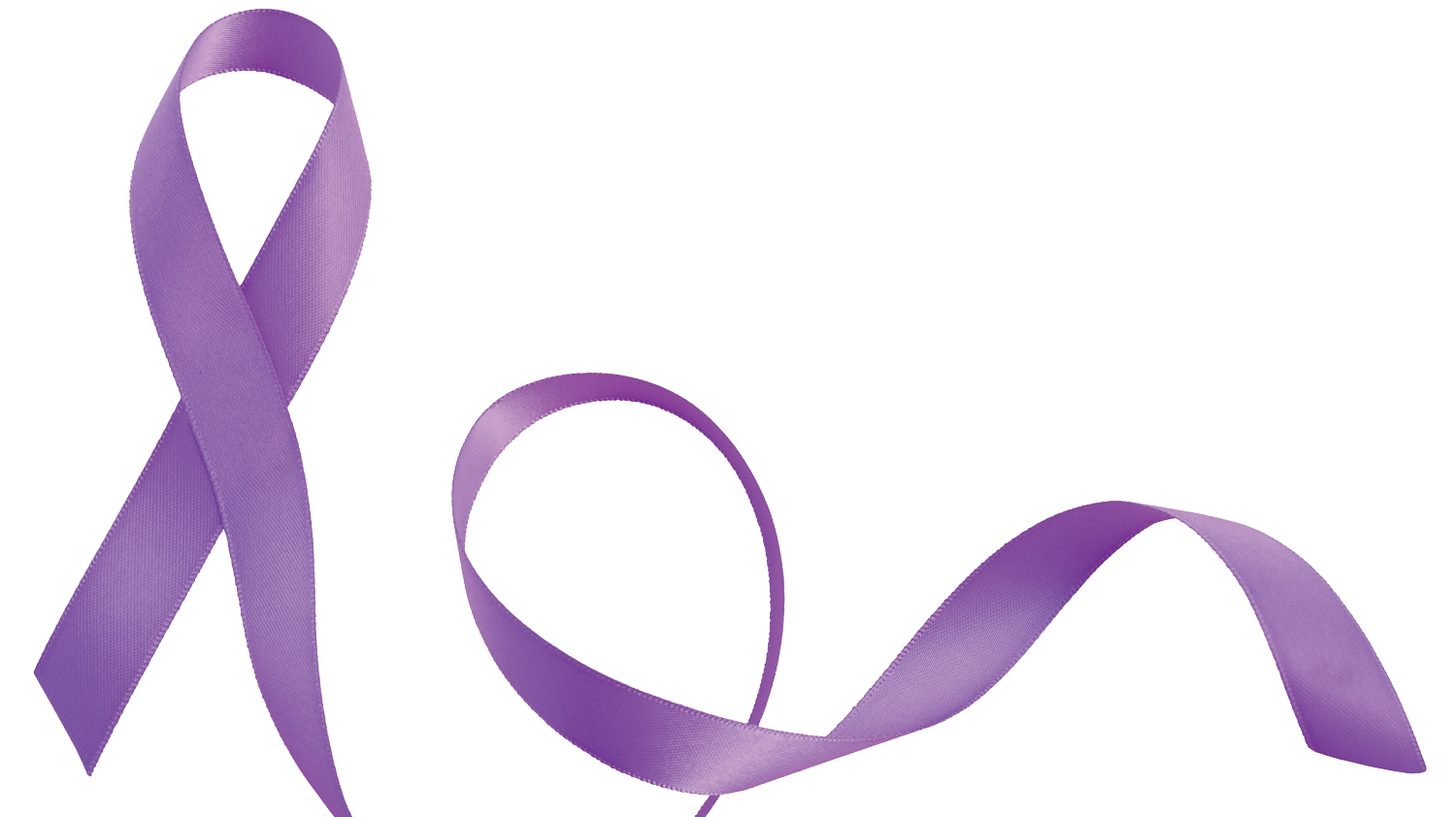Written by: Teri Ryan, ACS Contributor
October is domestic violence/intimate partner abuse awareness month. This year, we would like you to wear purple every Friday in October in honor and remembrance of those who have experienced and may still be experiencing domestic violence/intimate partner abuse.
What is domestic violence/intimate partner abuse?
Domestic violence/intimate partner abuse is an offense under the United States Code, the Uniform of Military Justice, or state law that involves the use, attempted use, or threatened use of force or violence against a person or a violation of a lawful order issued for the protection of a person who is a current or former spouse, a person with whom the abuser shares a child in common, or a current or former intimate partner with whom the abuser shares or has shared a common domicile.
Domestic violence/intimate partner abuse comes in all shapes and sizes because every relationship is different. Domestic violence/intimate partner abuse warning signs likewise vary from one situation to another. All domestic violence/intimate partner abuse includes some kind of willful harm against a partner, whether that’s physical assault, sexual assault, psychological manipulation, emotional abuse, financial/economic abuse, or a combination of any of these.
Domestic violence is a pattern of behaviors used to establish power and control over an intimate partner through fear and intimidation, often including threatening or using violence. Abuse is any controlling, hurtful act, word, or gesture that injures another person’s body or emotions. Domestic violence is not a disagreement, a marital spat, a communication, or an anger management problem. The violence can take many forms and usually escalates in severity. Domestic violence is a people problem, not a gender issue. We assist all victims, male or female.
It is a crime for any person to cause you any physical injury or harm, even if that person is your spouse. Spouse abuse is the assault, battery, threat to injure, kill, other act of force, or emotional maltreatment inflicted by one spouse on the other. No matter what you may believe, nothing you say or do causes your partner to behave violently toward you, and you can’t prevent your partner’s assaults by being the ‘perfect spouse.’
It is not always easy to tell when a relationship has become abusive, especially because a partner’s violent or controlling tendencies often emerge slowly, escalating throughout the relationship. Victims may dismiss abusive behaviors as a normal part of their partner’s personality. A victim may also continually adapt to increasing levels of abuse. For this reason, it is important to take domestic violence/intimate partner abuse warning signs very seriously and not second-guess yourself.
The military command is fully committed to ensuring victims of domestic violence are protected; treated with dignity and respect; and provided support, advocacy, and care. The military leadership strongly supports effective command awareness and prevention programs and holding offenders accountable.
There are two types of reporting options for domestic violence/intimate partner abuse victims: Restricted Reporting and Unrestricted Reporting. Personnel should promptly report all suspected domestic violence cases, which quickly activates victim services and accountability actions. However, we understand things might not always work that way. Victims might need medical attention or victim services without command or a law enforcement response. Therefore, the military has implemented a Restricted Reporting option for victims to confidentially disclose abuse allegations and receive needed medical treatment and services.
Restricted Reporting allows someone who meets program criteria and is experiencing violence in their relationship to confidentially disclose the abuse to a Victim Advocate, a Victim Advocate Supervisor, or a Healthcare Provider. When an individual chooses a restricted report, law enforcement is not involved, and there is no investigation of the abuse. In addition, the Service member’s command is not notified of the abuse and cannot offer assistance and protection.
Unrestricted Reporting allows victims of domestic violence to pursue an official investigation of an incident by reporting the abuse to law enforcement or the alleged offender’s commander. The unrestricted reporting option provides a victim with the broadest array of services available, including but not limited to command involvement, law enforcement involvement, medical treatment, advocacy services, and counseling services.
Not all domestic violence incidents are the same, and each person who experiences domestic violence handles the situation differently.
The Victim Advocacy Program provides emergency and follow-up support services to adult domestic violence/intimate partner abuse victims. Advocacy services are available to Service Members, their current or former spouses, an individual with whom the Service Member shares a child, and significant others of Service Members who live together. Victim Advocates are available via the 24/7 Domestic Violence Hotline: (706) 791-STOP (7867).
Our trained professionals are here for crisis response, information on reporting options, medical treatment options, law enforcement’s response, emergency services, safety planning, obtaining military and civilian protective orders, and accompaniment to medical forensic exams and medical appointments, as well as accompaniment to court for orders of protection hearings and trials. Advocates work closely with their civilian counterparts and ensure a personal and smooth transition for victims who do not qualify for ongoing advocacy services within the military community.
If you want more information, contact the Victim Advocacy Program at (706) 791-3579.



